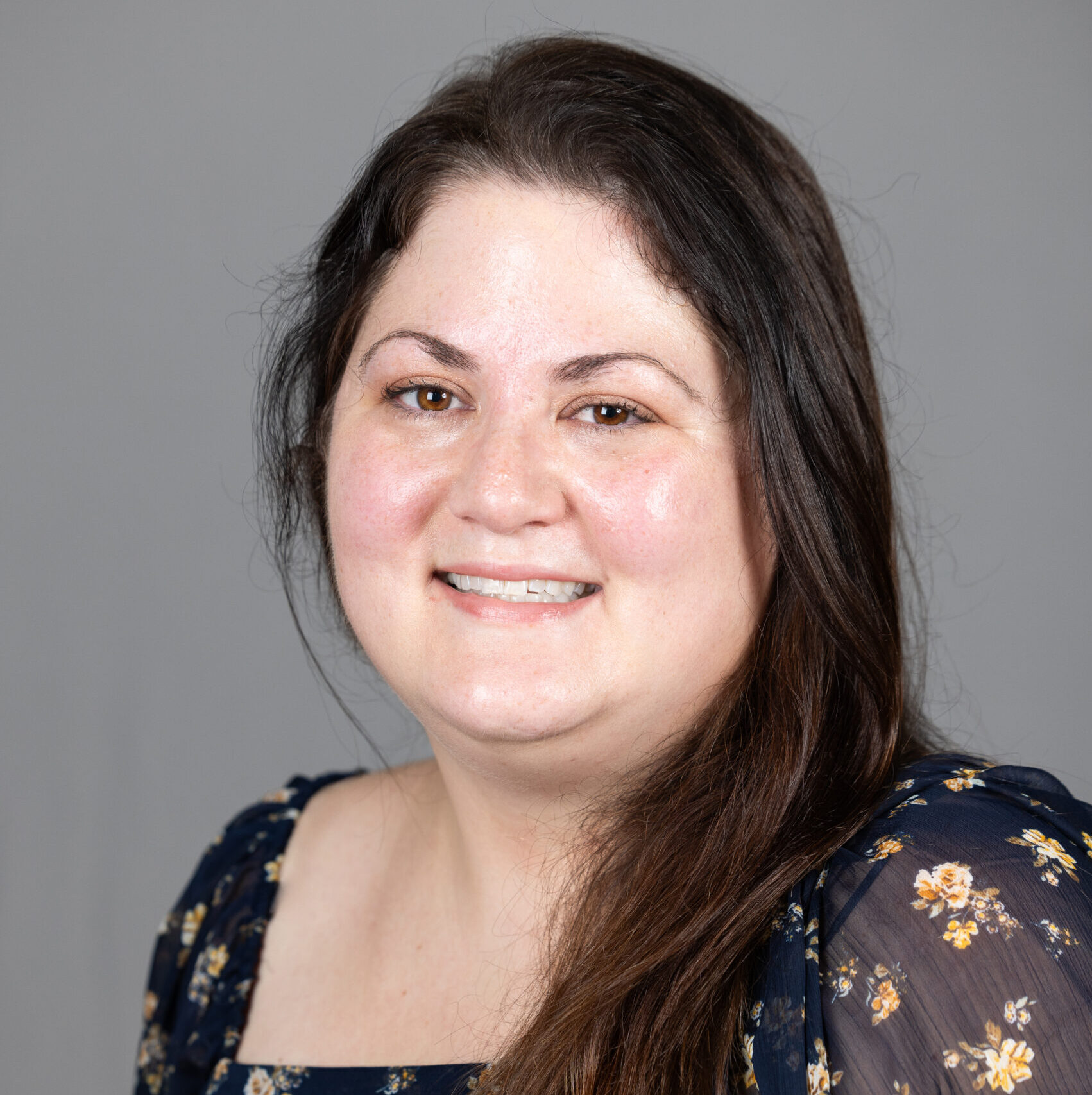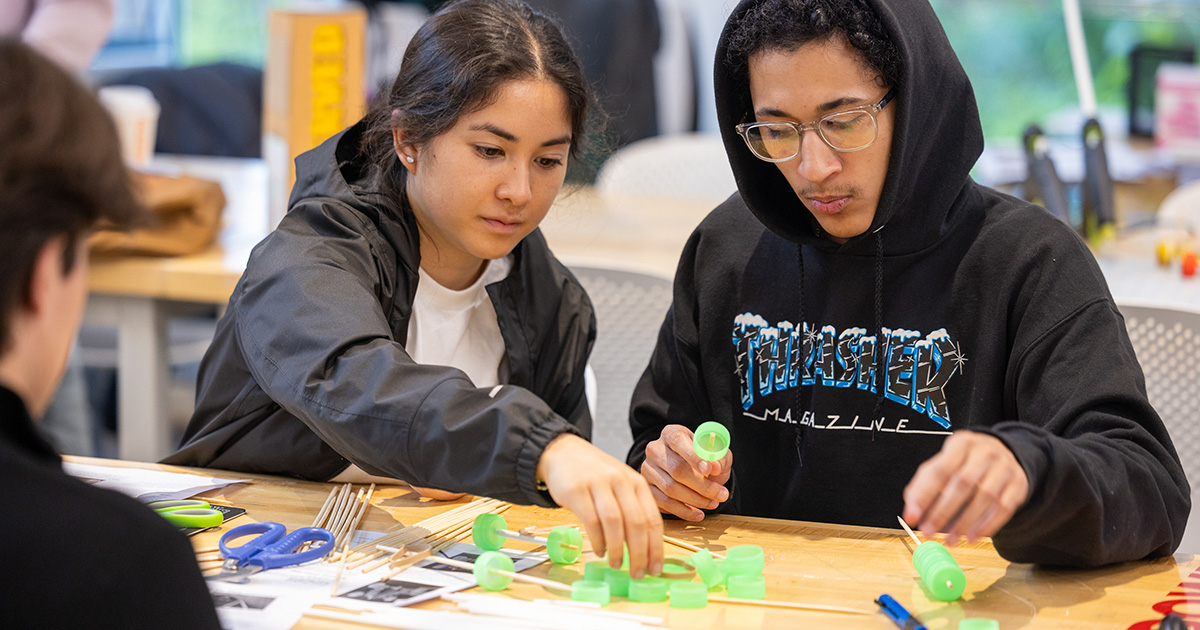Passion Projects and Purposeful Ventures Define the Class of 2029
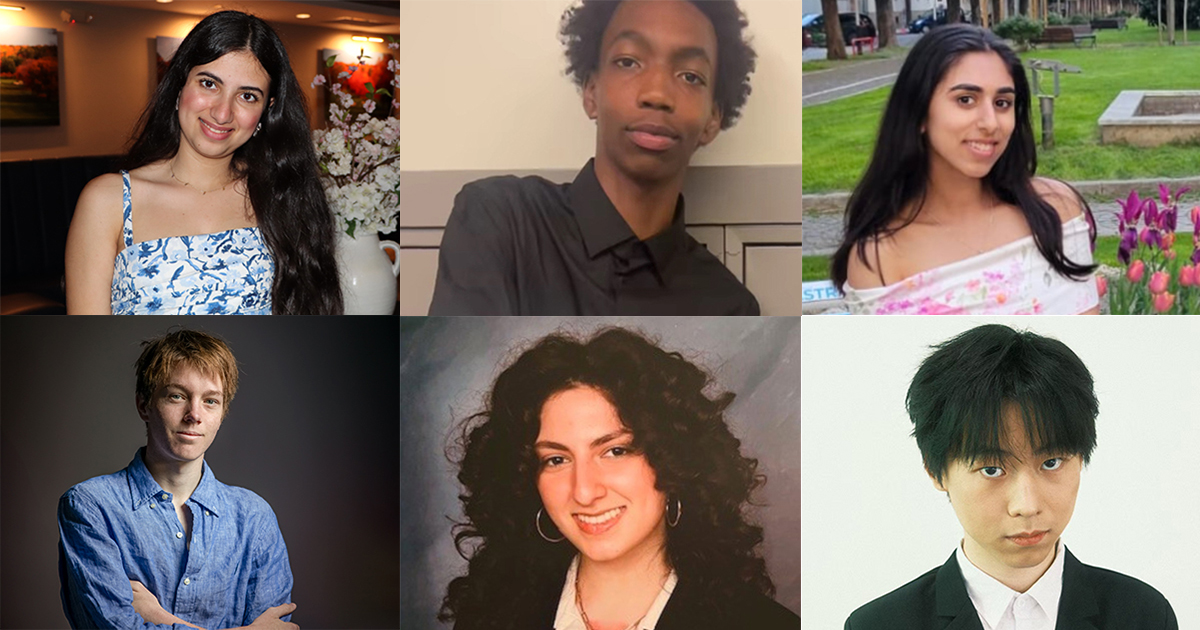
There’s a lot to look forward to as you head to Babson College for the first time. What will meeting my roommate be like? What will I wear to my first class? When will my ideas become more than an idea?
For Oliver Jones ’29, who will be coming from New Zealand, he has some questions about the hemisphere change. “I can’t say I’m looking forward to the Boston winter.”
He’s not letting a little snow stop him, though, and neither are his peers in the Class of 2029. They are ready to hit the Babson classics—Foundations of Management & Entrepreneurship (FME), the intersection of creativity and business, building relationships with fellow students and faculty—while discovering what will make their Babson experience unique.
“I look forward to pursuing a project I’m passionate about while learning how to manage challenges and seize opportunities,” Sophia Karamanoukian ’29 says. “It’s been on my mind all summer.”
Summer is winding down, and by the time it’s winter at Babson, first-day jitters will be long forgotten. The Class of 2029 will be halfway through FME, have joined clubs and made friends, and have a clearer picture of their future. For now, they are just ready to get started. Let’s get to know them.
Nouha Benhakki ’29
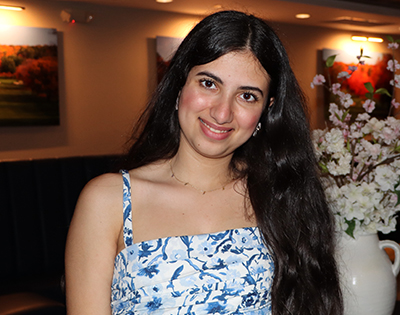
“I’ve never been one to wait for permission to make change,” Nouha Benhakki ’29 proclaims when discussing how she organized a mental health fair through the Stamford, Connecticut, organization Kids Helping Kids. She is excited to explore student government and social impact opportunities.
What are your professional goals?
“I aim to design ventures that merge profitability with impact, whether that’s building a sustainable fashion brand that disrupts wasteful industry norms, creating technology that expands access to financial literacy, or developing scalable solutions for global education gaps. I want to master the skills to pitch and grow ideas that start in a classroom but end up changing lives. … In the long term, I envision myself leading a company that proves you can do well by doing good—and inspires the next generation of leaders to think just as boldly.”
Akir Davis ’29
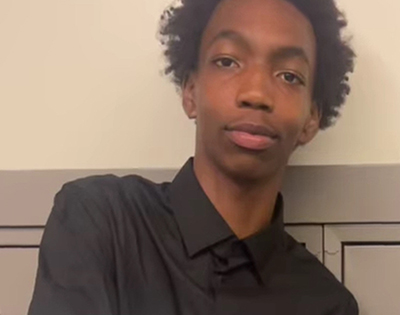
Fashion is more than picking out an outfit for first-generation college student Akir Davis ’29. As the founder of clothing business Unlucky Youth, the New York City native sees his designs as a symbol of resilience and the “poetry of survival.”
What makes Unlucky Youth special?
“When creating Unlucky Youth, I intended to show the ‘unlucky youth’ that it’s about embracing the odds and overcoming the obstacles no matter what happens, emphasizing the values of creativity and perseverance. Being able to build Unlucky Youth from the ground while slowly growing our audience has shaped my confidence and character as a young entrepreneur. It taught me how to adjust and pivot from ‘unlucky’ situations while being able to keep pushing forward. I now treat setbacks like French terry fabric that can be sewn into something new.”
Ishika Gandhi ’29
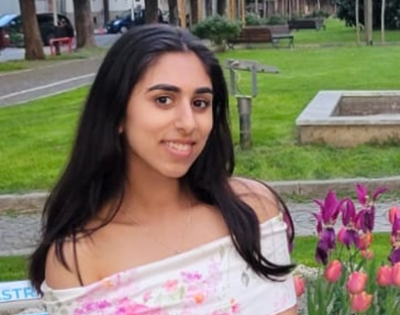
Native New Englander Ishika Gandhi ’29 says her fashion sense originally made her feel like an outsider. After learning how fashion can be more than just clothing, she co-taught an elective course, Fashion Through the Ages, exploring culture, identity, and sustainability through the lens of fashion.
What drew you to Babson College?
“For years, I struggled to pinpoint a single career path. I found myself drawn to a new industry every year, from health care and automative to entertainment and fashion. This exploration wasn’t a sign of indecisiveness; it was a realization that my true passion wasn’t tied to one field. My ultimate goal is to become an entrepreneur, building a strong, sustainable business that tackles a real-world problem. This pursuit allows me the freedom to engage with any industry I’m passionate about, using my skills to create meaningful solutions.”
Oliver Jones ’29
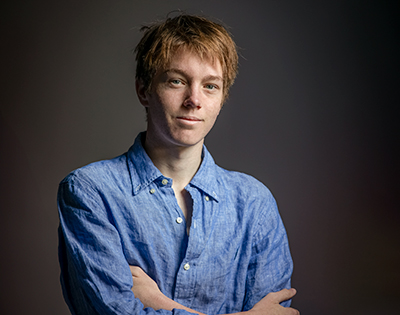
Jones says his business, Once Upon A Kind, values sustainability over disposability, using end-of-line fabrics and upcycled high-end, preloved women’s coats to create stylish jackets for greyhound dogs. He credits owning a business with teaching him the value of using your creativity to problem solve.
What are you focusing on as you start at Babson?
“I believe goals are only a small slice of the bigger picture of life. They matter, but it is consistency of effort that creates something of real magnitude. Right now, my focus is on taking the challenges Babson offers to me as a student to build my entrepreneurial understanding that I can apply to my own venture. I have always found that the most difficult paths tend to have the greatest growth and, in turn, the most rewarding outcomes.”
Sophia Karamanoukian ’29
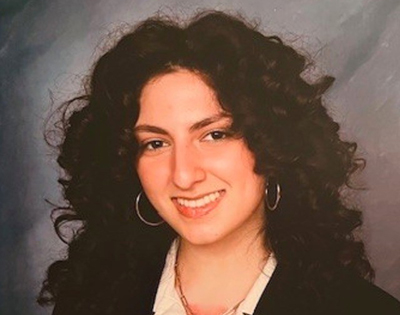
Throughout high school in New Jersey, Karamanoukian was an active member of the Armenian Club, leading service projects that supported communities in Armenia. This year, she spent three weeks on a service trip meeting families in her ancestorial home.
What are you passionate about?
“My goal is to work in finance, using my expertise to help people and communities make smarter financial decisions. I’m building a strong foundation in business and finance while sharpening my leadership and problem-solving skills. From a young age, I’ve been conscious of how money works—not just how to earn or save it, but how to navigate its loopholes. I saw how many people lacked this knowledge, which often held them back. That awareness gave me a responsibility to share what I’ve learned. It shapes my values, ambitions, and approach to problem solving.”
Jack Zhou ’29
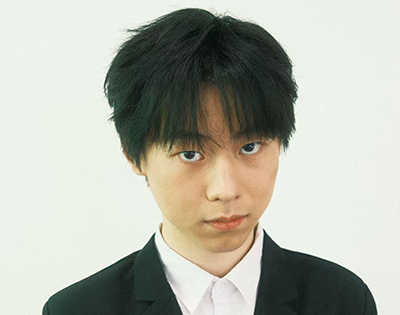
Jack Zhou ’29 has a lot of ideas for his time at Babson but one constant: He wants to immerse himself in technology. He hopes to use this knowledge to bridge the knowledge gap in society.
What is a project that you are proud of?
“I volunteered with a local foundation to promote recycling in Sanjiangyuan, the source of three main rivers in China. We interviewed local nomads, asking them what would make it easier for them to recycle. But the more I talked with them, the more I realized how unrealistic this goal was. … The next year, I decided to take a different approach. I initiated a foundation to support local farmers and nomads who lacked funds for essential tools and services. This experience taught me that many lessons in business can’t be learned from textbooks—they only come from being in the real world. It also reshaped how I see business: It’s not just about making profits; it’s about empowering others to live better.”
Posted in Community
